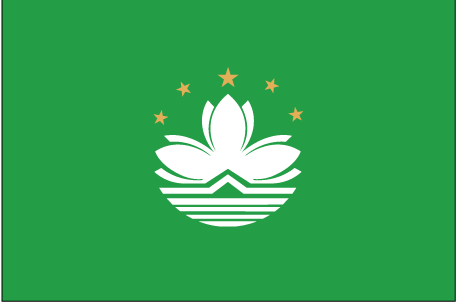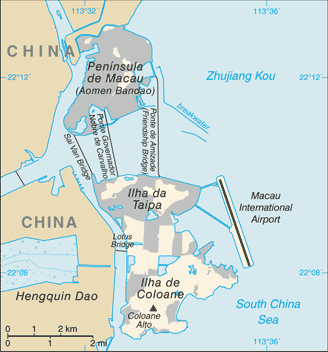Investing in Macau


Macau's economy slowed dramatically in 2009 as a result of the global economic slowdown, but strong growth resumed in 2010, largely on the back of strong tourism and gaming sectors. After opening up its locally-controlled casino industry to foreign competition in 2001, the territory attracted tens of billions of dollars in foreign investment, transforming Macau into one of the world's largest gaming center. Macau's gaming and tourism businesses were fueled by China's decision to relax travel restrictions on Chinese citizens wishing to visit Macau. By 2006, Macau's gaming revenue surpassed that of the Las Vegas strip, and gaming-related taxes accounted for more than 70% of total government revenue. In 2008, Macau introduced measures to cool the rapidly developing sector. This city of nearly 552,300 hosted nearly 25 million visitors in 2010. Almost 53% came from mainland China. Macau's traditional manufacturing industry has virtually disappeared since the termination of the Multi-Fiber Agreement in 2005. In 2010, total exports were less than US$900 million, while gaming receipts were almost US$24 billion, a 58% increase over 2009. The Macau government plans to tighten control over the opening of new casinos and strengthen supervision of local casino operations in 2011 and has introduced measures to diversify the economy. The Closer Economic Partnership Agreement (CEPA) between Macau and mainland China that came into effect on 1 January 2004 offers Macau-made products tariff-free access to the mainland; nevertheless, China is Macau's second largest goods export market, behind Hong Kong, and followed by the United States. Macau's currency, the pataca, is closely tied to the Hong Kong dollar, which is also freely accepted in the territory.
Monetary and Foreign Exchange Authority of Macau - http://www.amcm.gov.mo/
Learn more:
Back to Country Investing



